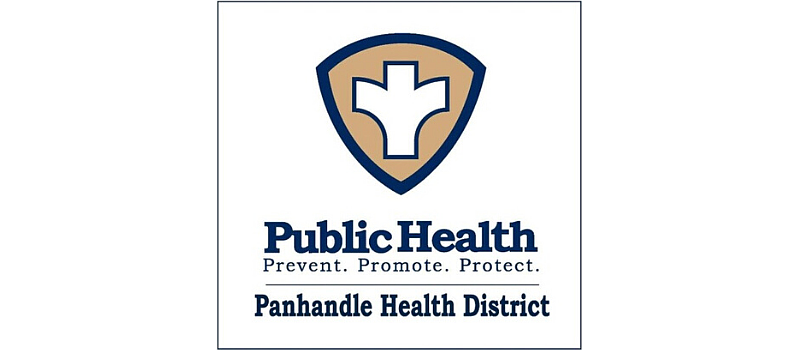LOCAL CORONAVIRUS BULLETIN Eye of the Storm
With the state reopening, many of us are sighing with relief and thinking this pandemic is in the rearview mirror. Let’s pump the brakes a little bit. Let’s proceed, but proceed with some caution.
“Essentially, we could be in the eye of the storm,” said Jeff Lee, epidemiologist at Panhandle Health District (PHD). “An epidemiological curve has an upslope, a peak, and then a back slope. That back slope can be just as devastating as the upslope.”
There are still so many unknowns about this virus. We don’t know if someone could be infected twice or multiple times. We don’t know if this virus will come back next year and become seasonal like the flu. We don’t know how long antibodies last or how effective they are at fighting this virus. We don’t know if this virus will mutate. All of this continues to be researched.
“Every communicable disease virus, COVID-19 included, behaves differently and has certain characteristics,” said Dave Hylsky, epidemiologist at PHD. “For example, a person infected with the HIV virus or Hepatitis C virus can develop antibodies to these viruses, but still remain infected and can spread the virus to others. For some viruses, like the measles virus and mumps virus, developing antibodies to these viruses does provide protection against becoming infected. At this point we just do not know how effective antibodies to the COVID-19 virus are in preventing a future infection.”
Forecasting, or modeling, is important in helping guide our decisions in order to slow the spread of this virus, avoid a surge at our hospitals, and stop unnecessary illness and deaths from occurring. According to the CDC, forecasts based on statistical or mathematical models aim to predict changes in national- and state-level reported COVID-19 deaths for the next four weeks. Forecasting teams predict numbers of deaths using different types of data (e.g., COVID-19 data, demographic data, mobility data), methods, and estimates of the impacts of interventions (e.g. social distancing, use of face coverings).
“As we reopen more businesses and begin to interact with each other again, we are potentially adding a bit of fuel to the COVID-19 fire,” Lee said.
Let’s focus on what we know about the virus and how we can best protect each other as businesses begin to reopen. We know that the virus can spread when large groups or gatherings occur in enclosed areas. Limiting the number of people in a gathering, spreading out when you are together, and taking those gatherings outdoors are ways that may prevent the spread of the virus. Generally, the more symptoms a person has, the more virus they are shedding. Some people may have no or minor symptoms, but can still be shedding the virus. Wearing cloth face coverings when out in public protects other people from your respiratory droplets even if you are unaware you may be spreading the virus.
I’m sure many of us have read about the choir group in Washington, where one symptomatic person ended up spreading the virus to 87 percent of the group, resulting in two deaths. They were in choir practice for 2 1/2 hours together in a large multipurpose room. The more air exchange in and out from the lungs, the more the virus is shed out into the air.
The highly contagious nature of COVID-19 emphasizes the importance of continuing to follow social distancing guidelines to control the spread of the virus.
Promising research is occurring for a vaccine and treatment, but we aren’t there yet. Be aware if you are part of a vulnerable population who is at higher risk for severe disease, continue to practice social distancing, wear a cloth face covering while out in public, wash hands often, clean and sanitize regularly, and stay home if you are sick. These behaviors will keep us on the path to reopening safely.
• • •
Kootenai Health and the Panhandle Health District are actively working to share information about COVID-19 with our community. You can find the latest updates and ways to protect yourself at cdc.gov/covid19. If you have questions about COVID-19 or think you may have the virus, call the Panhandle Health District COVID-19 hotline at 1-877-415-5225.
Sources: National Center for Biotechnology Information, U.S. National Library of Medicine, Centers for Disease Control and Prevention

